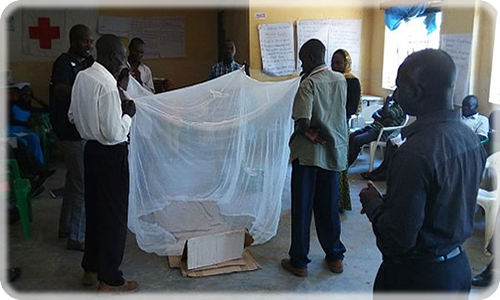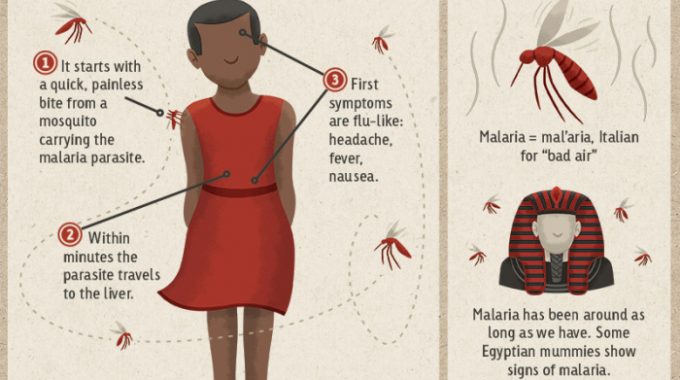It could be good news for Africa and Uganda in general if Malaria is stopped.
Scientists from Kenya and the UK have discovered a microbe that is said to completely protects mosquitoes from being infected with malaria.
Microbes are tiny living things that are found all around us and are too small to be seen by the naked eye.
They live in water, soil, and in the air, some make us sick, others are important for our health. The most common types are bacteria, viruses, and fungi.
Malaria is spread by the bite of infected mosquitoes therefore protecting them could, in turn, protect people.
Scientists have discovered a microbe that completely protects mosquitoes from being infected with malaria.
These particular Microsporidia are from the family of fungi and most are parasites.

The researchers are now investigating whether they can release infected mosquitoes into the wild, or use spores to suppress the disease.
Dr Jeremy Herren, from the International Centre of Insect Physiology and Ecology (icipe) in Kenya, told the BBC that; “The data we have so far suggests it is 100% blockage, it’s a very severe blockage of malaria,”
He added: “It will come as a quite a surprise. I think people will find that a real big breakthrough.”
But Microsporidia MB could be priming the mosquito’s immune system, so it is more able to fight off infections.
Or the presence of the microbe in the insect could be having a profound effect on the mosquito’s metabolism, making it inhospitable for the malaria parasite.
Microsporidia MB infections appear to be life-long. If anything, the experiments show they become more intense, so the malaria-blocking effect would be long-lasting.
Clinically diagnosed malaria in Uganda is the leading cause of morbidity and mortality, accounting for 30-50% of outpatient visits at health facilities, 15-20% of all hospital admissions, and up to 20% of all hospital deaths.

The general public is often advised to sleep under Insecticide Treated Mosquito nets every night, clear bushes, broken containers, and stagnant water which are breeding sites for mosquitoes, especially in the rainy season as a preventative measure.
The public is also implored to seek testing services from health facilities, 24 hours from onset of symptoms, and adhere to the treatment given by the doctor as well as completing the dose given.
More than 400,000 people are killed by malaria each year, most of them children under the age of five.
While huge progress has been made through the use of bed nets and spraying homes with insecticide, this has stalled in recent years. It is widely agreed new tools are needed to tackle malaria.

















